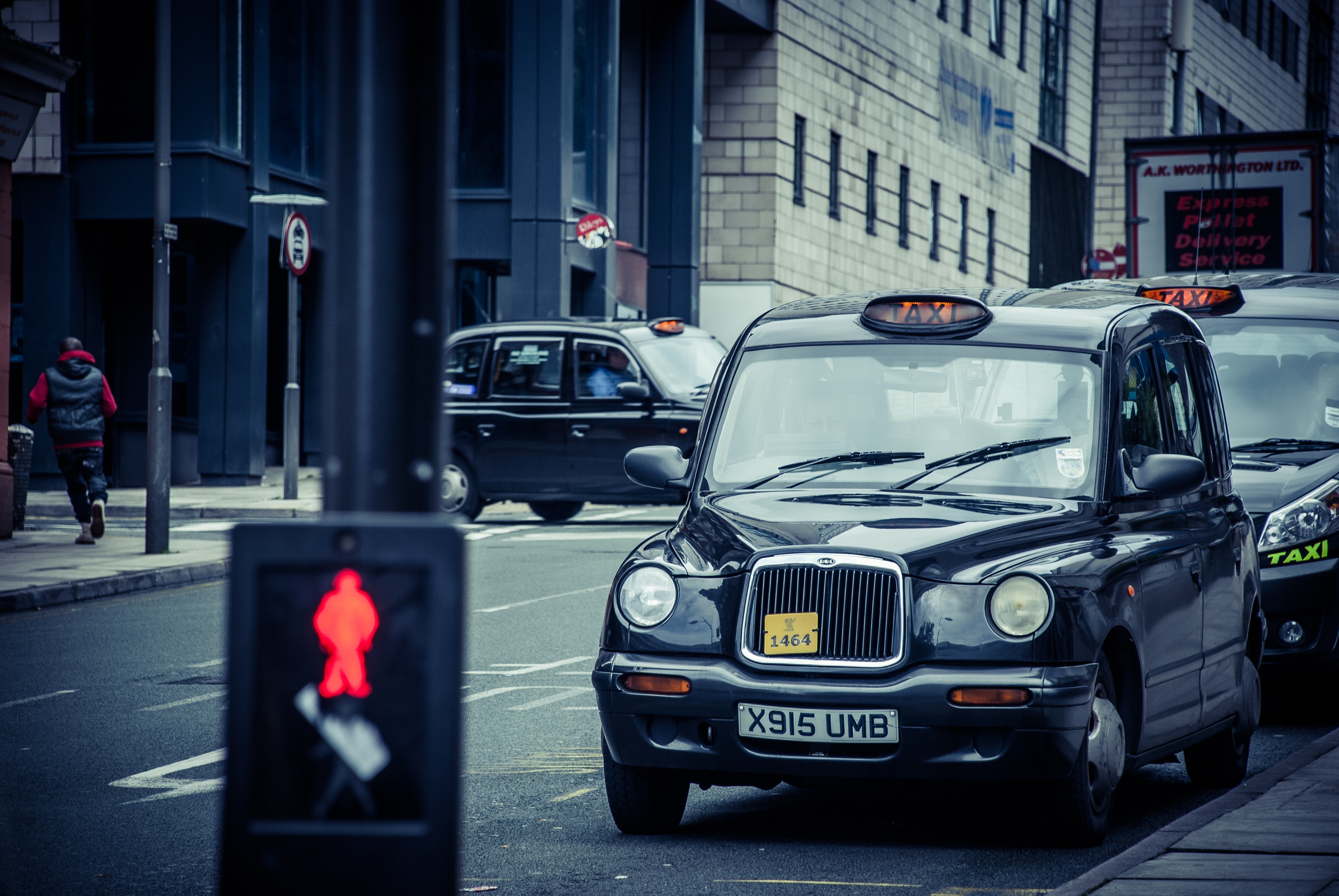
If you are ready for a new career in the taxi business, then buying or leasing your vehicle or fleet and organising the relevant licences, are probably your first steps. Making sure you have the correct taxi insurance should also be on your priority list.
At Tradex, we have been providing taxi insurance since our establishment in 1985, so we like to think we know what new cabbies need. Here is some of the coverage you may require and how you may be able to keep those costs down.
What is taxi insurance?
Taxi insurance isn’t a million miles away from motor trade insurance but is designed to cover cars used for commercial hire. Unlike regular car insurance, taxi insurance will not only protect your car but also yourself and your customers.
It is also a legal requirement to have valid taxi insurance if you drive a taxi for a living, and the type will vary depending whether you offer public or private hire service.
What Type of Taxi Insurance Do You Need?
Public hire taxi insurance: A public hire taxi is able to be hailed by customers on the street, for example, London black cabs. There is no need for pre-booking and the cars can display a taxi sign. This is the only type of insurance able to give you coverage when picking up customers that haven’t pre-booked.
Private hire taxi insurance: This type of insurance covers you for pre-booked journeys and includes minicabs, multipurpose vehicles (MPV) and people carriers, generally with a limit of up to eight people. With this type of cover, you are not entitled to pick up people from the street or taxi ranks.
What Additional Cover Do I Need?
As with motor trade insurance, taxi insurance offers the same three levels of protection including third party, third party fire and theft and fully comprehensive. Along with this, you should consider the following as important when picking up and driving customers:
Public liability insurance: This gives you protection should a customer suffer a personal injury or damage to their property whilst in your taxi. This could be standard for most taxi insurance policies both individual and fleet and is definitely required if you deal with council or local authority contracts.
Public liability insurance is also essential for UK taxi drivers who regularly take children to school, where they are responsible for the child both when they are in the taxi and until they have been handed over to the school.
Employers’ liability insurance. If you have a fleet, then this could be included in your taxi fleet insurance policy. This protects you against accident claims at work and compensation claims against your company by employees.
Social, domestic and pleasure: As long as you’re a registered taxi driver, you should still be able to drive your car for domestic purposes. However, it’s best to check with your local council as rules can differ. If your partner wants to use the vehicle, check that your local authority allows unregistered drivers to drive plated taxis.
Unlimited mileage: An unlimited mileage policy will ensure you will not be charged for driving too much. Look at how many miles you drive on average each year to work out whether this cover is worth it. Going over your mileage allowance could result in your insurance not covering you in the event of an accident.
Windscreen cover: As with motor trade insurance, taxi insurance can provide cover for windscreens for anything from a small chip to a full windscreen replacement.
Miss-fuelling: Worth having on your policy to make sure you are never caught out in case of using the wrong fuel.
Breakdown and recovery: Time off the road is money lost, so you need a service that can keep you moving.
How to Reduce the Cost of Your Cover
1. Shop around, find specialist car insurance brokers that can find you the best level of cover for the price. Cheap doesn’t always mean better as it may not offer the comprehensive cover you need. Quotes will depend on a number of factors including no claims, age and years of experience.
2. Take a look at your excess. Increasing it could bring down your premium cost but keep it to a reasonable amount, so you don’t get caught out.
3. Build up your no claims history, choose a vehicle that is in a cheaper insurance band and install security features such as CCTV.
4. Avoid points on your licence by sticking to the road laws. Keep within the speed limits and use a hands-free mobile phone.
5. Try to be accurate with your estimated annual mileage but don’t under-estimate or you may find your policy cover void when trying to claim. Unlimited mileage will increase your premium but can give a sense of security.